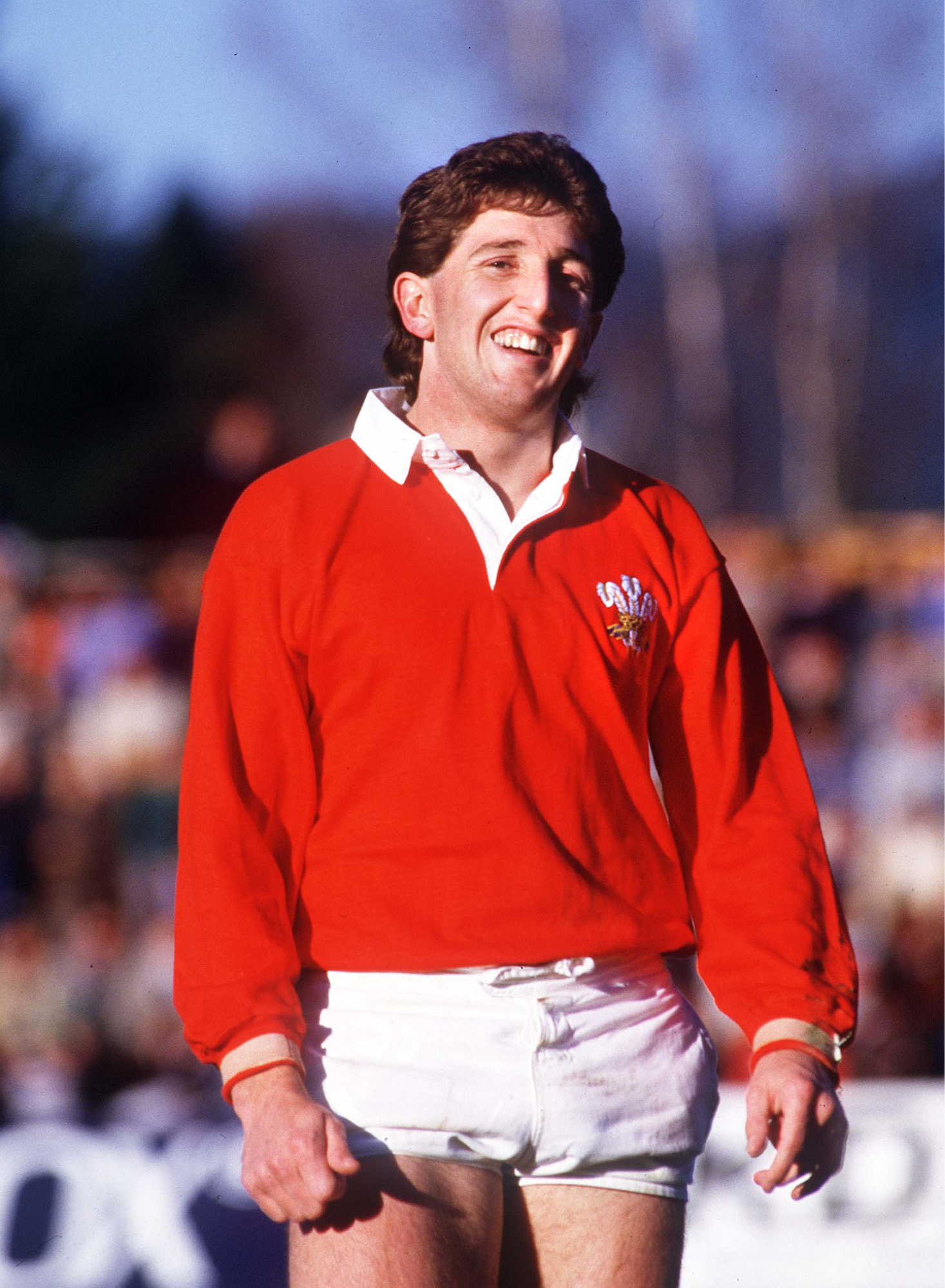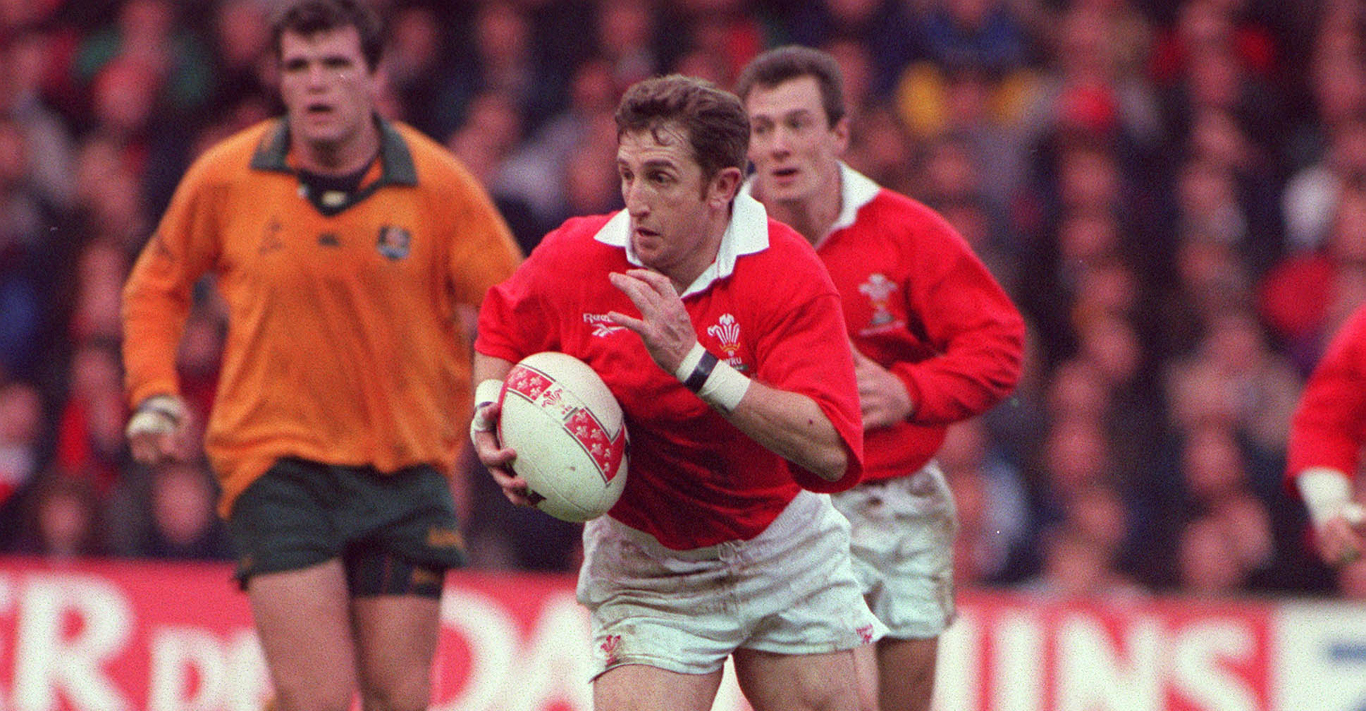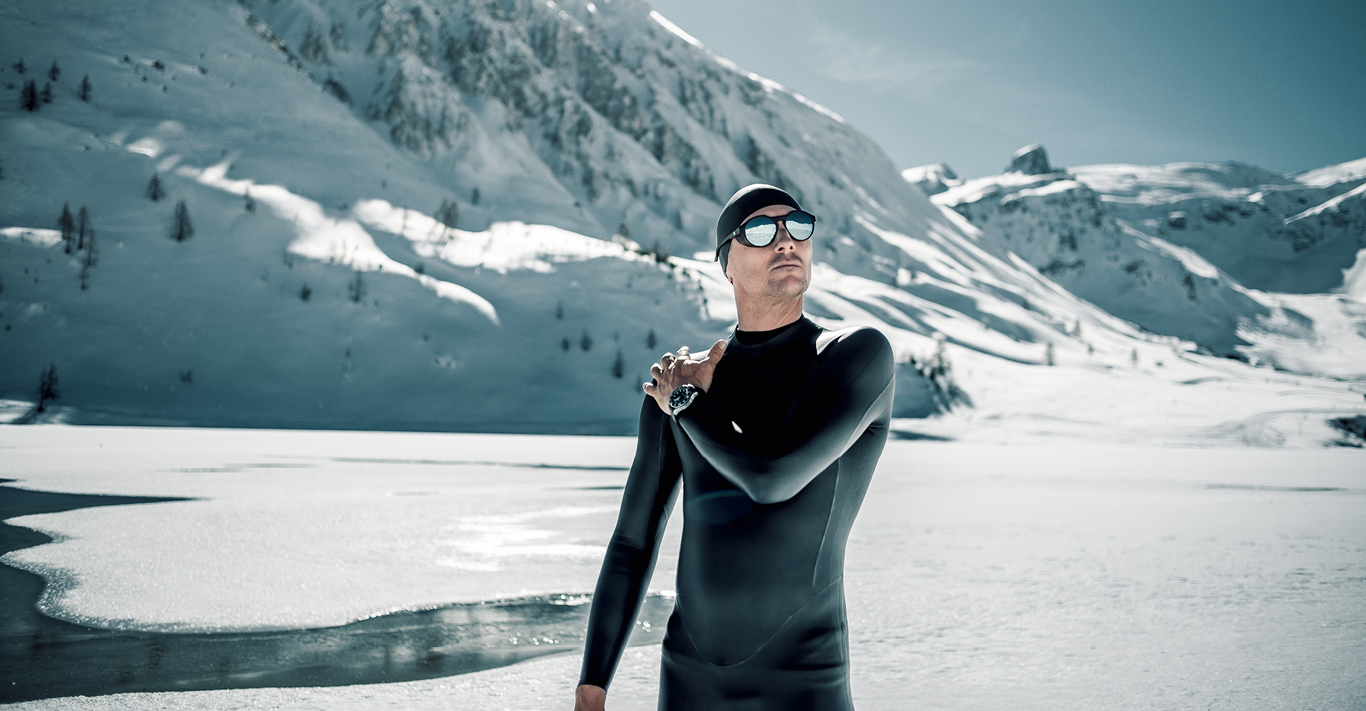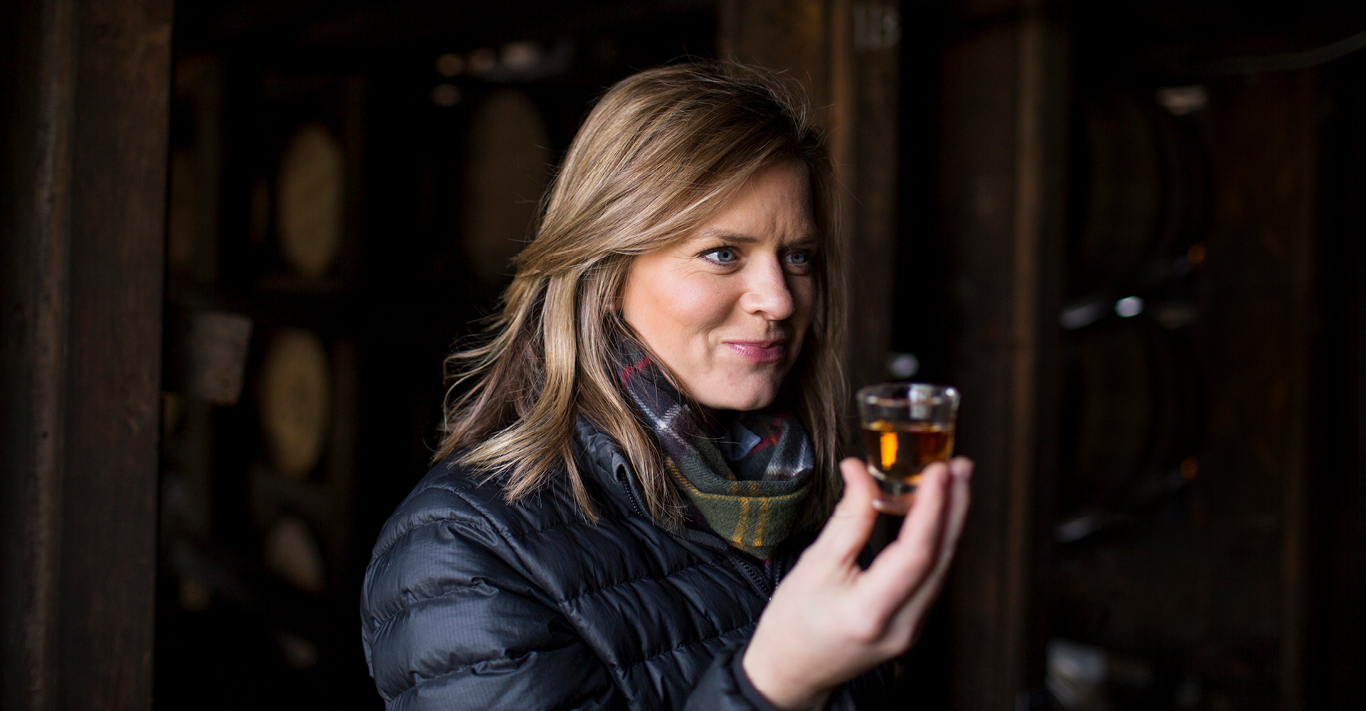Interview
Peter Howarth
Jonathan Davies played for Wales in both rugby union and rugby league. Now a television commentator on the game, Brummell asked him about leadership, game management and what makes the southern hemisphere sides so consistently excellent
Leadership
I think there are different types of leaders. A lot of the leaders on the rugby field lead from the front – certainly the ones that I’ve had. And not only do they lead the charge, but also they get everyone gelling. I was a captain, and the main thing is that if there were any issues, everyone should be able to go to you. And if there’s anyone thinking, ‘Alright, I’m not sure we’re doing this in the right way,’ we’d be sitting there and listening, explaining. You’re also the conduit between the management and the players, because sometimes you get strong management, who want to set their goals and their structures, but ultimately when it comes down to doing things on the field, as a captain you have to change things accordingly. I’ve been very lucky, I’ve had some good captains. And I’d like to think I was a good one too!
The best captains
Ellery Hanley, from Rugby League, didn’t say much to be honest, but he really led from the front. He had this quiet confidence and demeanour, and when he said something, you listened. He also knew how to allow us in the team do the things that we had to do, because he couldn’t do them. Then there’s someone like Martin Johnson, the England captain. He was quiet, unassuming, but aggressive. For example, once when England played Ireland the team were standing in the wrong place and the officials said, ‘You should be over there, the president of Ireland’s coming,’ and he said, ‘I’m not moving,’ and stood his ground. Some thought that was disrespectful, but his players would have thought, ‘That’s my captain, he’s not even moving for the Irish president.’
Man management
Everybody’s different, so a good captain knows what you have to say to each individual pre-game. You just have to go around and manage everyone – does everyone know their job? If you individually know what your job is, and collectively we all know what we’re trying to do, then you will get the best result. If someone doesn’t buy into that philosophy, and ego takes over, then you have to say, ‘Alright, you either don’t understand what we’re trying to achieve here, or maybe you’ve put your own interests first before the team.’ It’s so important to iron those issues out. Then there’s the problem that a lot of people would lose their discipline in an aggressive game, so you’d have to calm everyone down and say, ‘Look, this is where we are, this is what we’re doing, you’ve just got to keep calm. The first ten minutes we’ve got to quieten the crowd, we’ve got to just keep everything quiet and get along with the game.’ So it’s all about understanding the game, understanding the situation and understanding what the right thing to do is at that particular time in the game, and most of the captains would understand that.
Game management
The other thing is that you have to be good at delegating or allowing other leaders in the side to help. When the game starts, you involve your fellow players. That’s the game management. For example, if there’s a goal kick, you’d go to Jonny Wilkinson and say, ‘What do you think?’ He’ll know if he can kick it or not. A good captain is a good listener, as well as a good communicator and a good man manager. Also, as I played standoff – or fly half – I was in the position of linking between forwards and backs. So I’d look at the conditions and take them into consideration: dry, wet, wind. If the conditions are with you, you adopt a certain field position. Then you ask, where are we winning this game, we need to play to that. Are our forwards our strength, or our backs? Is the scrummage our strength? You’ve got to see it and communicate it to the rest of the team. But also at different stages in the game, you’ve got to decide what you have to do. So if it’s in the first half and you see an overlap on your 22 (line), you go for it. But say it’s two minutes from the end, and you’re two points in front and you see the same opportunity. Then you’ve got to have the self-control to play the clock – the clock becomes your friend. So it’s all about managing all the different aspects of the game, and that’s the key role of a captain or a key position like stand-off.

The fun of responsibility
I did enjoy it. I enjoyed the pressure of it. I understood the game, so I enjoyed the responsibility of managing characters, understanding characters. I enjoyed the respect that they had for me. And it was just something that came with the position, I think. Because in Rugby Union the stand-off role is very complex – considering what the forwards are trying to do, and then getting in the position where we could attack; or realising if we were struggling, so we could say, ‘OK, you keep it for a minute, keep it for five minutes.’ That sort of communication was vitally important. And it’s hard, because in huge games you can’t hear each other from 20, 30 yards away. It was also tough on occasion, because you’ve got to front up after defeats, you’ve got to try and explain the following day why we lost, what we need to work on, but I did enjoy the responsibility.
The best fly-halves
I grew up watching people like Barry John and Phil Bennett play for Wales. Then I looked at people like New Zealand’s Grant Fox and Australia’s Michael Lynagh, both of whom I played against. But I think overall, if I look at game management then I’d say Dan Carter, who played for New Zealand, was maybe the best. But what people don’t understand enough is that when you’re playing stand-off, it’s all about the role of the forwards. If the forwards are dominant, it’s so much easier. They call it an armchair – so you can sit in your armchair and control the whole game. But when a game is tight, and the forwards aren’t dominant, then the decision making is more crucial. So Dan Carter was a great player, but he was very lucky; he played with very good forwards. Someone like Jonny Wilkinson was the same – he played stand-off with a good forward pack.
Fly-halves to watch at the Rugby World Cup
I’d watch Handré Pollard, because South Africa have gone back to basics and they’re playing the power game. And New Zealand’s Beauden Barrett is an exciting player. One thing I was lucky to have – and there’s no substitute for it, in any game – is pace. If you have pace, and you’re quicker than your opposite number, you’ve got the edge on him. Beauden Barrett has that. And with England, you have George Ford and Owen Farrell who can both play there. Of course, the one thing at international level which is really important is getting team selection right. Picking the right players in the right positions to win games. So England has a choice of stand-offs and if the balance is right in that selection – and that’s Eddie Jones’s job – then, I think they could be a real force. England maybe have the best hope from the Northern hemisphere. But I think they’ve got to get selection right.
Northern hemisphere vs Southern
Having played Rugby Union for Wales, I played Rugby League in Australia. For me, Australian Rugby League, the NRL, was the toughest competition and the highest quality competition I ever played in. When I went there, it took me three weeks to adjust to the pace and tempo of the game, even though I was quick. The biggest difference for me though, was that you weren’t picked on reputation. So I went there with a big name, and I was getting paid irrespective of how many games I played. But it was up to me and my pride to say I needed to push myself, because the standard is very high. And if you didn’t play well enough, there’d be some kid from the second team or the under-21s, and if he was playing well, next week, he was in. Regardless of who you were, and what you’ve done, selection was on a match-by-match basis. I generally think that the skill level is higher in Australia and South Africa. They’ve just got better decision makers and more of them, which ultimately makes you a better side. In New Zealand, there’s definitely depth there, and it just keeps you on your toes. The rewards of being an All Black, the prestige you have of wearing that silver fern of New Zealand is something like wearing a Brazilian jersey in football, and to get there is very difficult, because the quality and the depth is so good. And I think it’s the same in Australian Rugby League. So that’s why maybe they’re the two best rugby sides in the world.
Professional vs amateur
As an amateur you would train on Tuesday and Thursday and play on the Saturday. I did some of my own work too – I did sprinting if I needed sharpness – and I was lucky, I had an employer who let me take lunch off to go to the indoor track in Swansea. But ultimately we were just doing what we had to do in a team environment for an hour and a half, twice a week. Whereas now, they’re in from say 8am until 4pm, working on analysis, strength and conditioning, nutrition, and their skills. I’m thinking, they have to be better players, because that’s all they do. They should be better players because of the prep. Generally, the game has improved because it’s professional. Everything is analysis. I think it’s paralysis by analysis sometimes. I look at some of the tries I scored; if I had thought too much about the full-back that I was playing against in those days, I might not have taken them on on the outside. But back then it was all about reading situations, it was all about playing heads-up rugby: so you scan what’s in front of you, and that’s where the clever players are. They can look and go, ‘Right, hang on, we’ve got an overlap here,’ or, ‘We’re short, we need to kick this.’ Now because it’s so analysed and contact orientated, people don’t look up anymore; you can’t see opportunities. And what worries me is that maybe the natural skills element is gone. So, I’m not sure if they’re better players. I think they’re better specimens.
The amateur edge
I worked and I played. I worked throughout my career, part-time [as a salesman]. Because of that I was in touch with the real world, I understood how privileged I was to be a professional sportsman and to play at international level and I loved it. And I always, always thought of it as my hobby. So I never thought of the money. I would never be stood there thinking, ‘Last kick of the match, if I kick it we win, if I miss it we lose,’ and all my team are stood 10 yards away knowing I was going to win or lose them money. Today, the pressure is different. But I never, never just thought of it as a job. That’s why I think I enjoyed it so much.
Brummell interviewed Jonathan Davies at the annual David M Robinson golf tournament at Coworth Park, where he was playing; davidmrobinson.co.uk





